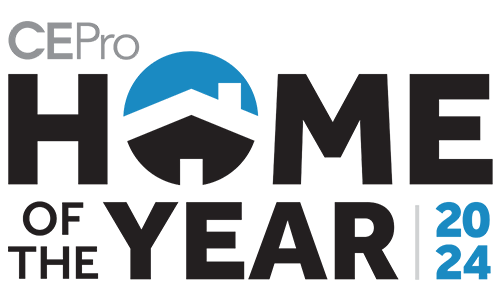The DVD Copyright Control Association (DVD CCA) is a bunch of bullies. Not just because this legalized cartel sued Kaleidescape, but because the organization manages to coerce all manufacturers of DVD players to sign away their rights to innovation.
The DVD CCA was created in 1999 to be the sole licensor of the Content Scramble System (CSS), an encoding scheme used by DVD makers to thwart the playback of DVDs by anything other than a “legitimate” DVD player.
A “legitimate” player is one whose manufacturer pays a $15,000 annual fee to the DVD CCA (the CSS license is “royalty free,”says the DVD CCA; the annual fee is “to offset the costs associated with DVD CCA's administration of CSS …) and agrees to whatever capricious specifications the DVD CCA dictates.
Contrary to popular theory, the DVD CCA is not necessarily a mouthpiece for Hollywood. In fact, it would be better for us if the studios—and the studios only—ran the organization. Instead, the vast majority of DVD CCA members are manufacturers of DVD players. The nine-member board of directors is represented equally by studios, CE manufacturers and computer makers–the biggies, I hear, but nobody will divulge their identities!
So what do you think happens when one of the common members of the DVD CCA launches a new product category, say, video servers? The six competitors on the board, who don't offer video servers of their own, can nix the idea and put the innovator out of business.
“If you want to innovate in that market space, you have to get permission from your competitors,” says Fred von Lohmann, a staff attorney for the Electronic Frontier Foundation, a nonprofit defender of digital rights. “They'll say, 'We'll give you that capability, but we'll do it on our own time, in our own way. The Kaleidescapes of the world aren't invited.' They [the DVD CCA] want to eliminate this entire category until their members are ready to enter the segment with the next generation of their cartel-approved solution.”
That's absurd, right? Let's see what the Consumer Electronics Association (CEA) and the Home Recording Rights Coalition (HRRC) have to say.
“We have members on both sides so we're not commenting officially,” says CEA spokesperson Jeffrey Joseph. Ditto for the HRRC. How ingenious of the DVD CCA–establishing a structure that discourages dissension from CE and PC makers and the organizations that represent them.
That essentially leaves no one but the EFF to challenge the excessive rights of the DVD CCA. But a legal challenge, it seems, could only come from an antitrust complaint. Indeed, says von Lohmann, “From the beginning, there have been antitrust concerns because of the obvious cartel structure of the DVD CCA, but it's all cloaked in 'protecting copyright owners from piracy.' Some anti-competitive behavior has to be tolerated.”
Antitrust suits are “incredibly expensive to mount,” says von Lohmann. “I think the DVD CCA is taking the view that nobody out there has the money… The people that have the money are in the club!”
Surely, these folks are reasonable enough. Why doesn't Kaleidescape just talk to them? For starters, says Kaleidescape CEO Michael Malcolm, “There's no ‘them' to talk to. … If you call them up, you can't really get people who will talk to you. You'll get no argument from the DVD CCA, whose chief litigator, William Coats, explains, “It's not a regular company. It doesn't have any employees. … There's not like a technical group that you can go talk to. … You can't call them up and ask questions….”
So, then, who collects the tens of millions of dollars in “administration fees” that flood into the organization every year? The money goes—surprise, surprise—to the for-profit organization that manages the DVD CCA, License Management International, LLC (LMI). The Morgan Hill, Calif., company was founded by John Hoy in 2000—the year after Hoy founded the DVD CCA. Go figure.
LMI, it turns out, also manages the three other significant “copyright-protection” bodies, including 4C Entity, which is expected to license the forthcoming CSS 2.0–potentially paving the way to double-charge CSS licensees–once through the DVD CCA and once through 4C, with the proceeds going to LMI.
I don't know enough to suggest that the DVD CCA is wrong in the Kaleidescape case. But I do know enough to infer that something about the DVD CCA stinks. An organization that wields that much power should have to, at the very least, put a contact name and phone number on its Web site, post its bylaws, disclose its board of directors, name its management company…
















